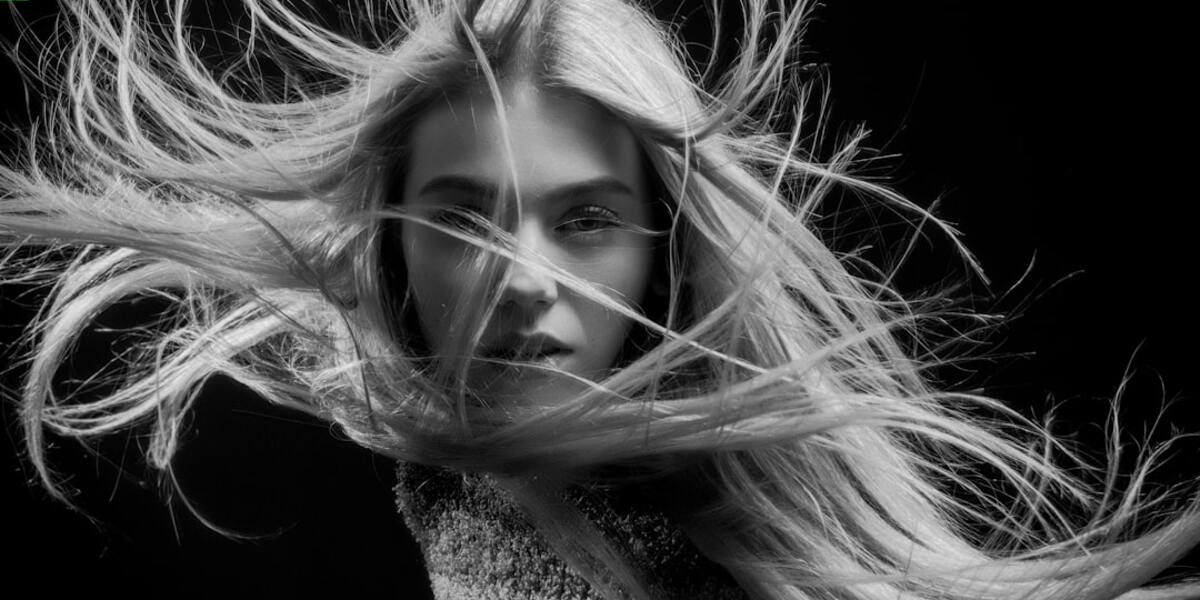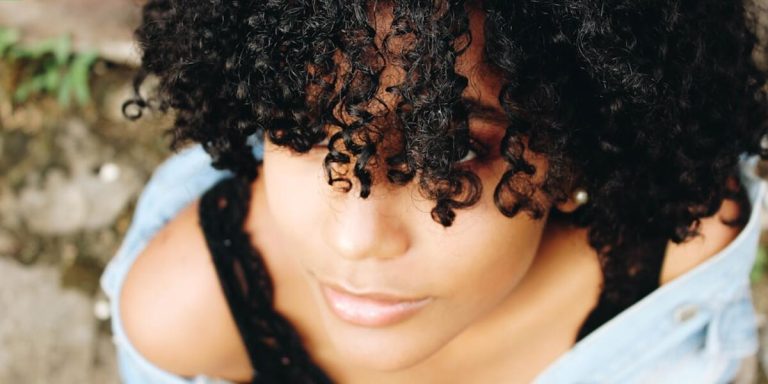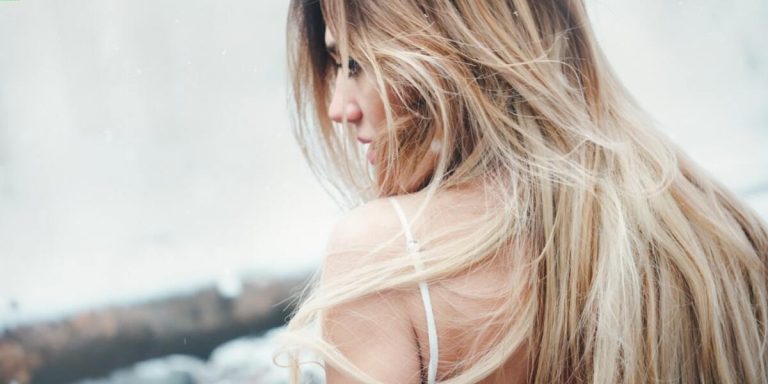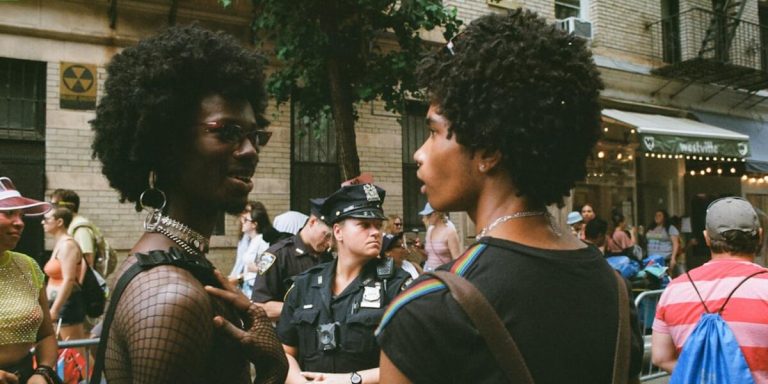Does Hair Lice Cause Hair Loss: A Comprehensive Examination
Untangling the web of information concerning hair loss causes can be daunting, especially when delving into uncommon factors such as “does hair lice cause hair loss”. Although typically associated with itchiness and discomfort, it’s crucial to explore whether these parasitic creatures have more far-reaching effects on our scalps.
In this comprehensive examination, we’ll dissect every nuance related to the impact of head lice on your crowning glory. We will dive deep into scientific studies and expert opinions that seek answers for those suffering not only from an infested scalp but also noticeable thinning or shedding.
Did you know?
Contrary to popular belief, hair lice do not directly cause hair loss. However, the intense scratching triggered by a lice infestation can lead to scalp damage and even temporary thinning of hair due the strain on follicles.
Unveiling the Truth: Can Hair Lice Lead to Hair Loss?
Hair lice, or Pediculus humanus capitis, are small parasites that infest the scalp and hair shafts to feed on blood. They primarily cause intense itching and discomfort due to their bites. Many people wonder if these pests can cause hair loss.
It’s crucial to debunk the numerous misconceptions about this topic to understand whether there’s a strong correlation between a hair lice infestation and thinning or shedding of hair.
When it comes to direct causation of bald patches or substantial reduction in volume by lice itself – scientific evidence suggests otherwise. Lice don’t inherently damage the structure of our strands nor meddle with follicle function which could potentially trigger diffuse fallout patterns seen in conditions like alopecia. Therefore, solely blaming these critters for any implicated role towards diminishing locks would be misleading at best.
Allergic reactions caused by frequent biting can lead to incessant scratching, which in turn may:
- Harm overall scalp health
- Cause self-induced trauma
- Potentially trigger temporary hair loss conditions like telogen effluvium, typically seen after stressful events such as fevers from illnesses
Additionally, clinical observations have commonly noted hormonal imbalances during puberty that impact physiological responses.
Understanding the Lifecycle of Hair Lice and Their Effect on Scalp Health
When one thinks about hair loss, parasites like lice don’t typically spring to mind. However, it’s fair to raise the question: does hair lice cause hair loss? While complex in nature, understanding this correlation requires delving into two areas – first is comprehending the lifecycle of a common parasite known as head lice and second is their impact on scalp health.
The life cycle of head lices consists of three stages – egg (also called a nit), nymph, and adult. The whole process from an egg transforming into a matured insect that’s ready for reproduction takes approximately 15 days.
1) Eggs or Nits: Female louse lays these tiny eggs near our scalp where it can get optimum warmth necessary for incubation.
2) Nymphs: These are immature adults which hatch out after 7-10 days post-laying by female insects.
3) Adults : After another week or so , they grow full size with all features similar to the adults except their reproductive system has not yet developed fully .
Now let us delve deeper into how these pests may indirectly lead to several strands ending up stranded on your pillow every morning.
Debunking Myths: Correlation Between Scalp Infestations and Hair Thinning
In recent years, a question has been circling around – does hair lice cause hair loss? It’s time to dive into the research and debunk some of those persistent myths.
Now onto our main query: Can these pests trigger thinning strands or even bald patches? The simple answer would be no; however, circumstances combined with infestations could indirectly lead to such problems.
Lice themselves do not directly damage follicles nor lessen their productivity- they lack any biological mechanism for causing such harm. If anyone tells you that head lice alone leads to shedding tresses, take it as misinformation.
However, the incessant scratching prompted by an infestation may tell another story entirely. The need-to-scratch feeling comes from an allergic reaction to bites which often results in inflammation and possible skin damage if left unchecked.
Herein lies one connection between scalp infestations and potential fallout – Overzealous picking at your noggin’ out of itching discomfort might weaken roots over time leading them prone breakage or possibly straining enough follicles into early telogen phase (resting state) expedite shedding periods later down line when new growth forces old hairs loose.
Exploring Common Misconceptions About Parasitic Infections Impact on Follicular Damage
Focusing on the common misconception that parasitic infections, specifically hair lice infestations, lead to follicular damage and eventually head-on collision with hair loss. It’s essential to clarify this misunderstanding for a more accurate understanding of your scalp’s health and its link to hair loss.
Tiny insects, hair lice settle into human scalps and feed on their host’s blood. They cause constant itching due to an allergic reaction to their bites. However, incessant scratching does not necessarily lead directly to hair thinning. Hair lice do not cause baldness, but persistent irritation from these parasites can lead to aggressive scratching, which might result in:
- Mechanical breakage
- Traction alopecia
Analyzing Scientific Evidence Linking Pediculosis Capitis to Alopecia
In the vast universe of hair loss causes, one often overlooked factor is Pediculosis Capitis – a fancy term for head lice. There’s an existing belief that getting invaded by these tiny parasites can lead to alopecia or hair loss — but does scientific evidence support this claim?
The direct answer might confuse many: No and Yes.
But also yes – if we take into account secondary factors associated with such parasitic infections. In 2023, multiple studies have emphasized how severe infestations coupled with incessant scratching due to itching may cause mechanical trauma on both scalp and strands thus precipitating temporary hair thinning in certain areas commonly known as Telogen Effluvium.
Moreover, another way through which pediculosis capitis indirectly propels alopecia can be traced back to psychological stress invoked by social stigma attached around having head lice; elevated levels of sustained mental strain are well- documented triggers speeding up progress towards excessive shedding.
The Psychological Stress Factor in Parasite-Induced Hair Shedding
Understanding and acknowledging the connection between parasitic infections like hair lice and hair loss is crucial. However, it’s equally important to not overlook an associated factor – psychological stress.
When we hear the word ‘lice,’ we immediately associate it with itching, discomfort, and even shame or social stigma. These negative associations can significantly increase a person’s stress level and might indirectly lead to hair shedding. So, before you ask whether hair lice cause hair loss, consider the following:
Firstly, physical irritation caused by constant scratching can provoke damage and breakage to your follicles promoting premature shedding of strands that are otherwise healthy.
Next comes coping with societal misconceptions about personal hygiene often linked with lice infestations. In 2023’s increasingly conscious world where appearance matters so much – handling such misconceptions could mount considerable anxiety leading us wonder if ‘hair-mind’ relationship exists!
The Role of Proper Hygiene and Treatment in Preventing Hair Degradation from Lice
Maintaining proper hygiene plays a pivotal role in the prevention of hair loss, particularly when it pertains to lice infestation. Lice are tiny insects that inhabit human scalps and feed on blood. Their presence can cause intense itching which leads to incessant scratching by sufferers.
This act, while providing temporary relief from itchiness, places undue stress and strain on your scalp’s skin and hair follicles causing them to weaken over time potentially leading to acute hair fall.
- Adopt stringent cleanliness measures.
- Apply appropriate treatment methods to everyone sharing the living quarters to prevent spread.
- Regularly wash hair with medically approved anti-lice shampoos.
- Systematically comb hair using fine-toothed nit combs to eradicate these bothersome parasites and limit their damage potential.
However, remember patience is key here because complete elimination requires consistency due its life-cycle pattern involving egg-laying and hatching stages spread across weeks requiring multiple application rounds before achieving full eradication status thus preventing prolonged host-scalp exposure minimizing chances of severe degradation if left unchecked.
Evaluating Anti-Lice Treatments and Their Potential Side Effects on Hair Integrity
The role proper hygiene plays in preventing such scenarios cannot be underestimated. Regular washing with shampoo and conditioner goes far in maintaining scalp health and keeping unwanted pests at bay.
Now let us tackle the subject of anti-lice treatments on this front as part of our deep dive into “Hair Loss Causes”. Many people rely heavily upon these methods when an outbreak occurs but seldom stop to consider their potential side effects on hair integrity.
Over-the-counter chemical treatments are effective for removing lice but they also possess high toxicity levels that could compromise your scalp’s natural balance if used excessively or incorrectly. Some users have reported dryness, flaking, irritation, or even damaging reactions leading up to temporary thinning or shedding post treatment usage.
However disconcerting these observations might seem initially; remember every situation has its solutions too! Sometimes simple preventive measures like not sharing personal items (comb/hair brushes), laundering infected clothing/bedding using hot water are just enough ward off chances getting affected!
Maintaining a Healthy Scalp Environment Post-Infection to Foster Regrowth
Maintaining a healthy scalp environment is crucial for fostering hair regrowth, especially after a lice infection. The question “Does hair lice cause hair loss?” isn’t entirely accurate. However, constant scratching and inflammation from an infestation can lead to significant damage. Follow these simple steps to maintain a healthier scalp:
1. Regular Shampooing: Clean your head regularly but avoid daily shampooing as it may strip off natural oils from your scalp leading to dryness and flaking.
2.When Washing Your Hair: Make sure all of the soap residue is removed while washing so no irritants remain on your skin which might hinder growth or cause more problems.
Conclusion
In summing up, the notion of “does hair lice cause hair loss” might be misleading. Hair lice may lead to intense itching resulting in scratching that can damage your scalp and occasionally cause temporary thinning or breakage of hair strands. However, it is crucial to understand that they are not a direct contributor towards lasting baldness.
For an array of factors causing irreversible hair loss such as hereditary reasons, hormonal changes, medical conditions among others instead focus on exploring other articles on our website. Remember knowledge is power and understanding all facets related to “Hair Loss Causes” will keep you better equipped in preventing unnecessary panic and taking appropriate action against genuine causes for concern!







